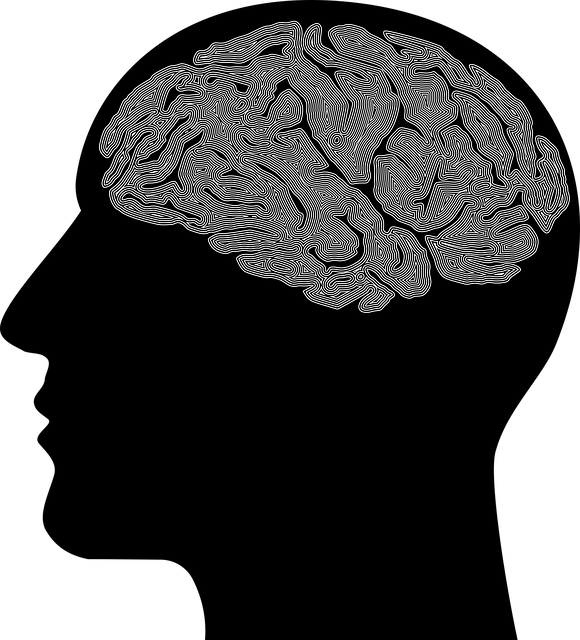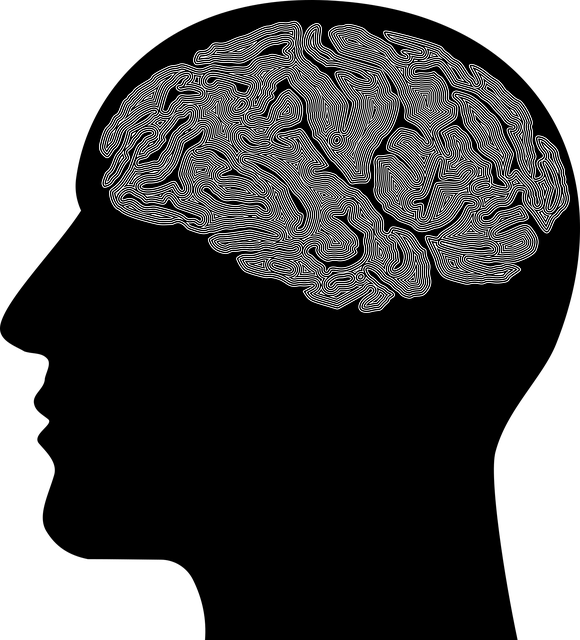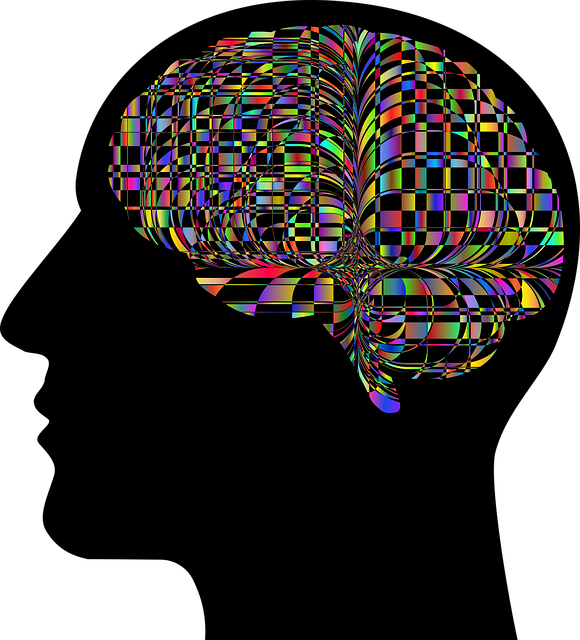Parker Major Life Transitions Therapy (PMLTT) offers a structured framework for evaluating mental wellness programs addressing significant life changes. It combines direct assessments (e.g., questionnaires, interviews) with indirect methods (social networks, employment status) to measure immediate and long-term outcomes. Qualitative research techniques, like open-ended interviews, uncover clients' personal experiences and emotional well-being improvements. PMLTT emphasizes an iterative evaluation process through continuous data collection, allowing for personalized interventions and enhanced program impact during major life transitions.
Mental wellness programs require rigorous evaluation to ensure effectiveness. This article explores comprehensive assessment methods, focusing on Parker Major Life Transitions Therapy (PMLTT) as a structured framework. We delve into direct and indirect measurement strategies to gauge program impact, emphasizing the value of qualitative insights through client feedback and narrative analysis. Additionally, it highlights iterative evaluation techniques for continuous program refinement, ensuring adaptations align with evolving needs. By integrating these approaches, mental health professionals can optimize PMLTT’s success in supporting individuals through life transitions.
- Understanding Parker Major Life Transitions Therapy: A Framework for Evaluation
- Assessing Program Impact: Direct and Indirect Measures
- Qualitative Insights: Client Feedback and Narrative Analysis
- Continuous Improvement: Iterative Evaluation and Program Refinement
Understanding Parker Major Life Transitions Therapy: A Framework for Evaluation

Parker Major Life Transitions Therapy (PMLTT) offers a comprehensive framework for evaluating mental wellness programs, focusing on individuals’ navigation through significant life changes. This therapeutic approach recognizes that major transitions, such as career shifts, relationships ending, or retirement, can significantly impact mental health. By understanding these transitions and their unique challenges, PMLTT provides a structured evaluation method.
The framework involves assessing clients’ psychological and social adjustments to life alterations, fostering resilience, and promoting positive coping strategies. This includes evaluating the program’s effectiveness in enhancing mental wellness through various stages of transition, from initial adaptation to long-term integration. Community outreach programs, public awareness campaigns for mental health development, and mental wellness coaching can all benefit from this approach, ensuring tailored support during critical life changes.
Assessing Program Impact: Direct and Indirect Measures

Evaluating the impact of mental wellness programs is a multifaceted process that encompasses both direct and indirect measures. Direct assessment involves measuring immediate outcomes, such as changes in symptoms or behaviors observed during therapy sessions themselves. This could include tracking reductions in anxiety levels, improved mood states, or enhanced coping strategies through standardized questionnaires or clinical interviews. For instance, the Parker Major Life Transitions Therapy (MLT) model focuses on gauging participants’ ability to navigate significant life changes, utilizing tools like structured interviews to assess shifts in their perspectives and problem-solving approaches.
Indirect measures, on the other hand, capture longer-term effects that might not be immediately apparent. These could involve assessing changes in participants’ social networks, employment status, or academic performance—a testament to the trickle-down effect of improved mental wellness. Communication strategies, compassion cultivation practices, and empathy building strategies, as promoted by various therapeutic approaches, are often indirectly measured through follow-up surveys or feedback from support systems. These methods help uncover the program’s broader influence on individuals’ overall well-being and functional abilities in daily life.
Qualitative Insights: Client Feedback and Narrative Analysis

Qualitative insights from client feedback and narrative analysis are powerful tools in evaluating mental wellness programs, offering a deeper understanding of participants’ experiences. Through open-ended questions and structured interviews, clients can share their journeys, challenges, and insights gained during therapy sessions. This method allows for rich, detailed data that goes beyond quantitative measures. For instance, the Parker Major Life Transitions Therapy program encourages clients to reflect on their personal growth, with many participants expressing improved emotional resilience through self-care routine development for better mental health.
Narrative analysis can identify common themes and patterns in these stories, revealing effective techniques for stress management workshops organization and emotional well-being promotion. By listening to and analyzing client narratives, therapists and evaluators can assess the impact of interventions and tailor programs to better meet individual needs. This qualitative approach ensures that the voice of the client is central to program evaluation, fostering a more holistic understanding of mental wellness improvements.
Continuous Improvement: Iterative Evaluation and Program Refinement

Effective mental wellness program evaluation involves an ongoing process of continuous improvement. By adopting iterative evaluation methods, programs can adapt and refine their strategies based on regular feedback and data. This approach allows for a dynamic and responsive system that meets the evolving needs of individuals seeking support, particularly during major life transitions as highlighted by Parker Major Life Transitions Therapy.
Regular assessment of program effectiveness is crucial to enhancing the overall mental wellness experience. Mental Wellness Journaling Exercise Guidance can be a powerful tool to gather insights from participants, while Mind Over Matter Principles provide a framework for fostering resilience and coping Skills Development. Through this combined approach, programs can identify areas for improvement, make data-driven decisions, and ultimately enhance their impact on participant well-being.
Evaluating mental wellness programs is pivotal for ensuring their effectiveness, and Parker Major Life Transitions Therapy offers a comprehensive framework. By combining direct and indirect measures, qualitative insights from client feedback, and iterative evaluation, this approach allows for a nuanced understanding of program impact. This holistic method not only enhances the support provided to individuals navigating life transitions but also fosters continuous improvement, ultimately optimizing mental health outcomes. Implementing these evaluation strategies enables programs to adapt and refine their practices, ensuring they remain relevant and beneficial in assisting clients on their journeys towards resilience and well-being.









